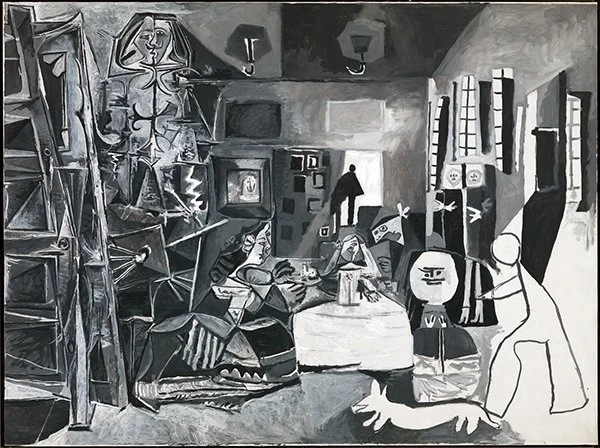Much of the literary world acts as if the only value is in the finished product. This seems confining, or at the very least
it's as if we wanted to draw a veil over
any nod to process, the value of process, or the value of being uncertain, is teleological, directed to something fixed. Workshop several times, you'll get there. Is this closure, or opening up enforced by the constraint?
and the writer, looking back, often says publicly, ah well, this was my earlier phase, or, by the time it actually got into print I wanted to
actually the digital need not be like that at all. a poet could in principle permanently amend, if their online editor was permanently willing
the 12" B-side remix. Feat. later compositors, celebrity guests
they could overlay
they could start in the magazine or the book with the draft
and the millions of screaming fans could return for all the offcuts, the memorabilia carried in non fungible tokenistic manner
best? words in their best? order? the annihilating imposition of perfection... a word may have multiple connotations, but it is rare to see a poem offering up multiple directions or multiple versions, foregrounding its options
often I'm drawn to translation, and especially the attempt at a literal classic? translation because immediately I engage, with a commitment to 'rendering the original', the text begins to flower with all sorts of choices, the origin story multiplies. It's sometimes in this that the 'translator is an artist in their own right' argument seems to reside, but what about all the directions discarded? My favourite part of the poetry in translation workshop is the collective, generative action of possibilities, working with the translator, or the room's knowledge of the language - not the quasi-democratic throwing-together convened by the 'poet in English' figure
I went to see Picasso's Las Meninas series in Barcelona. In the poetry world, would those 58 distinct, unique, interesting paintings have had to be resumed into a single work? Elsewhere, his sketches were numbered by his family - is all that merely paraphernalia driven by the greed of the market for anything of his, or is it a different attitude to the art work?
half in grandiosity, half-melancholically, I think of the photos of Picasso in his studio and imagine myself in the poet's version ... He, surrounded by gorgeously worked pots, canvasses, materials. Me with scraps of paper and documents in out-of-date versions of Word ... doesn't quite have the same … cachet
the modernist fragment ... isn't it precisely a completion, the replication in the textual field of the romantic love for ruins, damaged castles?
and even put functionally, what about all those amazing lines that never come to light because the poet can't find a suitable wider frame for them?
odd-shaped vegetables in the supermarket


